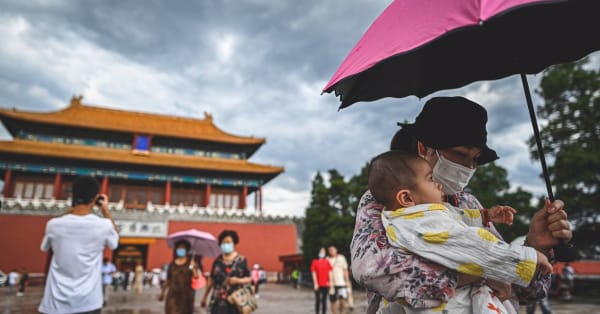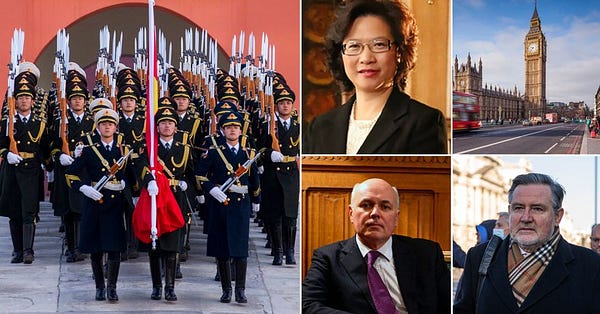Questions surround whether the Winter Games will proceed as planned in Beijing, but competing countries are also worried about digital surveillance of athletes, while further lockdowns raise the prospect of all the competitors being defeated by COVID-19. Read on for these stories and more dispatches for these strange times.
Olympic-sized dilemmas


The degree to which access to the entire internet will be open during the 2022 Beijing Olympics is somewhat uncertain, because law forbidding some expressions can be enforced in other ways. Dutch athletes have been cautioned to leave their phones and laptops at home, while British ones will be offered temporary devices for the Games.
Lockdown life continues


Anyang has joined Yuzhou and Xi’an as the Chinese cities under lockdown in early 2022 due to outbreaks of COVID-19 with no indication of how long these will last—but it all appears driven by the Olympics happening in February. But these policies are starting to have broader economic effects beyond more reports of starving citizens.


The party with a price


A birthday party for one Hong Kong delegate to China led to attendees quarantined for 21 days after two of them tested positive for COVID-19, compounded with the backlash to other evidence of gatherings. Junius Ho, a pro-Beijing lawmaker, posted a Facebook video in which he likened these quarantines to “sandcastles on the beach.”
MI5 deliver a warning
Christine Ching Kui Lee “established links” with current and aspiring British parliamentarians on behalf of the Chinese Communist Party according to an unusual warning issued by the U.K. security service. The suspected agent was making donations through her law firm which are alleged to be driven by acquiring political influence.
The costs of child policy


The new American news website Grid debuted with a piece about how the end of the one-child policy in China failed to spur much family expansion, and the challenges of an aging and shrinking population. A memo issued by Ren Zeping, the former chief economist of Evergrande, suggested Beijing start a $300-billion fertility fund.
Games of perception
Chinese state outlet Global Times is showing off what the Olympics media centre looks like, which is a curious contrast to the emerging images published elsewhere of citizens sent to quarantine camps. The battle for better international press seems to include the advent of food-serving robots who manage to deliver noodles from above:

The China Letter is produced by the Canadian Freedom Institute, a think tank based in Canada. We produce the China Letter every week to keep you informed and to press the ideas of free markets and free people not only in China but around the world. Please consider donating to keep this newsletter running!





